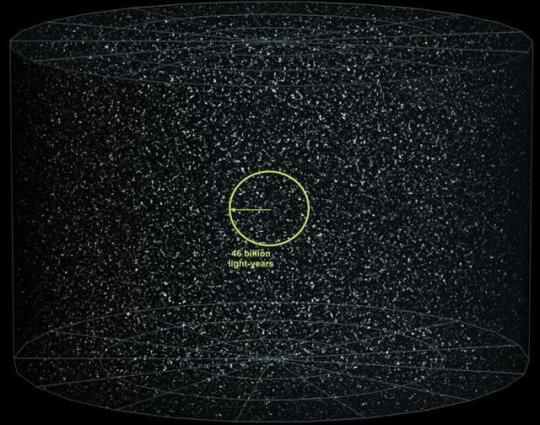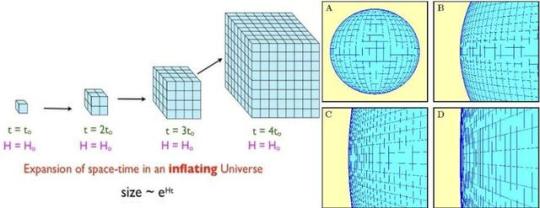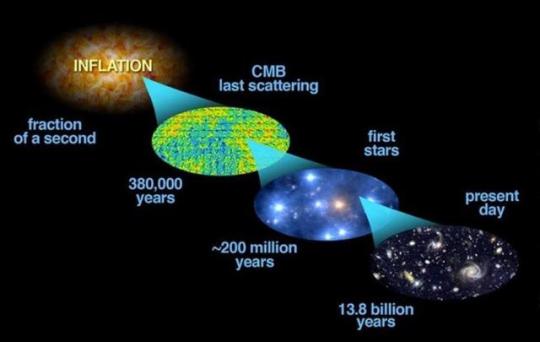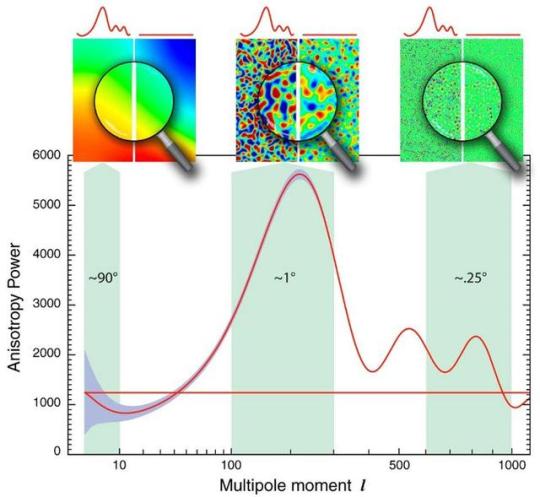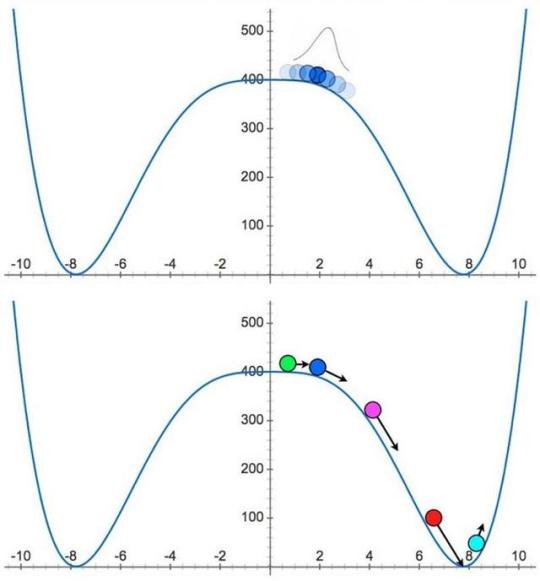Don't wanna be here? Send us removal request.
Video
It follows
#ufo#mind#instant folllow back#quantum physics#space#night sky#nature#simulated reality#sky#efefzda#science#journey
2 notes
·
View notes
Photo

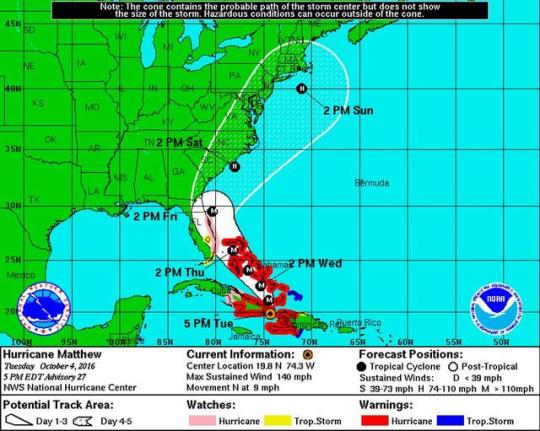

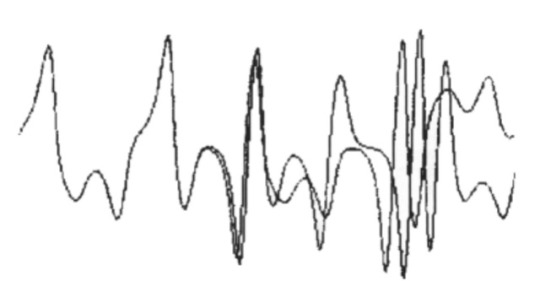



Chaos Theory, The Butterfly Effect, And The Computer Glitch That Started It All
“In his 1814 treatise, “A philosophical essay on probabilities,” French mathematician Pierre Laplace speculated that Newtonian mechanics heralded a rigid determinism that would theoretical enable the successful prediction of the entire future of the universe, given absolute knowledge of its complete state at any given time. The only catch is that the prognosticator would somehow need to step outside of the universe and obtain a complete snapshot at once of all the particles in it and their instantaneous trajectories.”
It seems like a foregone conclusion: if you live in a deterministic Universe, one governed by deterministic equations like Newton’s Laws, all you need to do is know the positions and momenta of all the particles to arbitrary accuracy at any given time. You give me those, and I should be able to, with enough computational power, give you the positions and momenta of those particles arbitrarily far into the distant future. Only, that isn’t the way physics actually works! If you give me those for a complex enough system, I’ll only be able to predict their behavior for a short while; pretty soon, chaotic effects will take over. We may call this the “butterfly effect” today, but the truth is it was started by a computer glitch almost 60 years ago.
Come get the fascinating story of chaos theory, the butterfly effect, and how we don’t need quantum rules for an indeterminate Universe, courtesy of the one-and-only Paul Halpern!
109 notes
·
View notes
Photo

bubblegum daydreamz: Art & submission by @missretrospace
465 notes
·
View notes
Photo


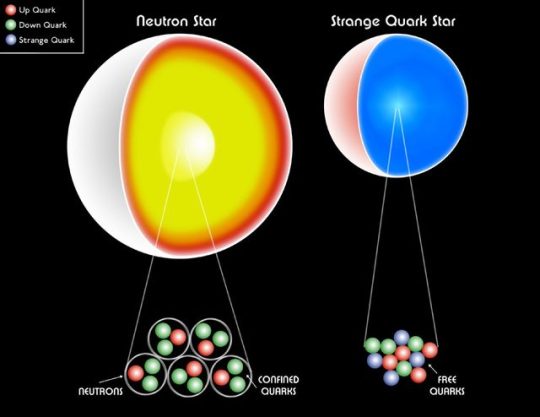



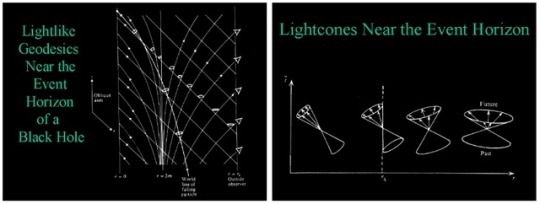
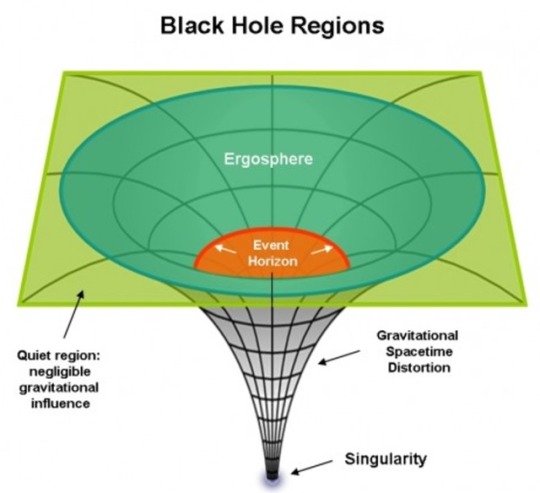
Black Holes Must Have Singularities, Says Einstein’s Relativity
“The thing is, there’s a speed limit to how fast these force-carriers can go: the speed of light. If you want an interaction to work by having an interior particle exert an outward force on an exterior particle, there needs to be some way for a particle to travel along that outward path. If the spacetime containing your particles is below the density threshold necessary to create a black hole, that’s no problem: moving at the speed of light will allow you to take that outward trajectory.
But what if your spacetime crosses that threshold? What if you create an event horizon, and have a region of space where gravity is so intense that even if you moved at the speed of light, you couldn’t escape?”
Usually, when physicists first start teaching about black holes, the attitude they’re met with is skepticism. People can accept that as you compress a large mass into a smaller and smaller volume, it gets harder to escape its gravitational pull. As you go from a star to a white dwarf to a neutron star, you have to move closer to the speed of light to leave it’s surface. If you go even denser, you’ll create an event horizon: a region of space where the gravitational pull is so strong that nothing, not even light can escape. People are okay with that, but when you go to the next step and declare that anything that crosses the event horizon eventually falls into a central singularity, suddenly they’re not okay. Why, they reason, couldn’t there be some denser, exotic, degenerate form of matter than what we presently know? Why couldn’t that lie inside a black hole, rather than a singular point or ring? It’s a good question and an interesting bit of intuition, but there’s an answer for that.
If you wanted to hold anything up against collapse to a singularity inside a black hole, the force-carriers governing the interaction would have to travel faster than light, which is a no-go. Find out the full story on why black holes must have singularities!
299 notes
·
View notes
Text
Where?
Where am I? What is this? Is it nothing more than the strings of light or the code that I see skimming across my sight when my eyes are closed?
0 notes
Text
Debbie BITCH
Democratic Rep. Debbie Wasserman Schultz claimed Thursday that $1,000 bonuses from companies do not go "very far" for middle-class workers.
Schultz, who appeared with House Minority Leader Nancy Pelosi, D-Calif., and other Democratic leaders at the #TrumpTax Town Hall at Florida Atlantic University, responded to a question about dozens of corporations giving bonuses and wage increases to their workers due to the Republican tax reform law.
In a clip flagged by America Rising, Schultz responded by downplaying the impact that the bonuses and wage increases will have on middle-class families.
"Frankly, if you look at the bonuses, which I haven't heard of a corporate bonus more than $1,000 so far—which by the way is taxed, so it's not $1,000," Schultz said. "And then you spread $1,000 over the course of a year—to think of about how much that is—of course they get it all at once. But I'm not sure that $1,000—which is taxed, taxable—goes very far for almost anyone."
0 notes
Photo

Jack Gaughan, cover of Galaxy Science Fiction, 1968
95 notes
·
View notes
Photo

From the Universe Within Series: by Federica Bordoni.
3K notes
·
View notes
Text
American Democratic Party
Has gone from radical to wherever you can go from that
0 notes




